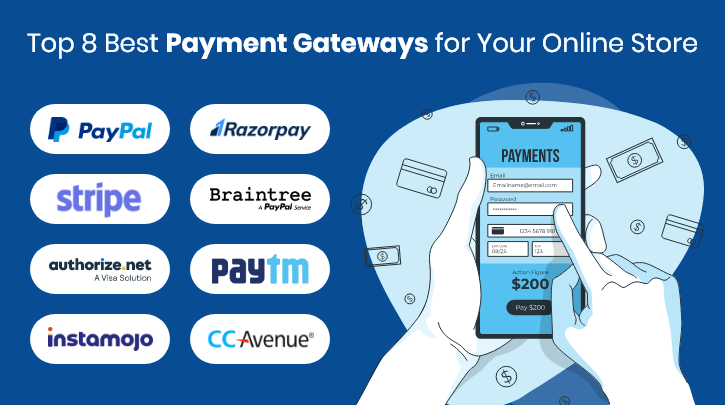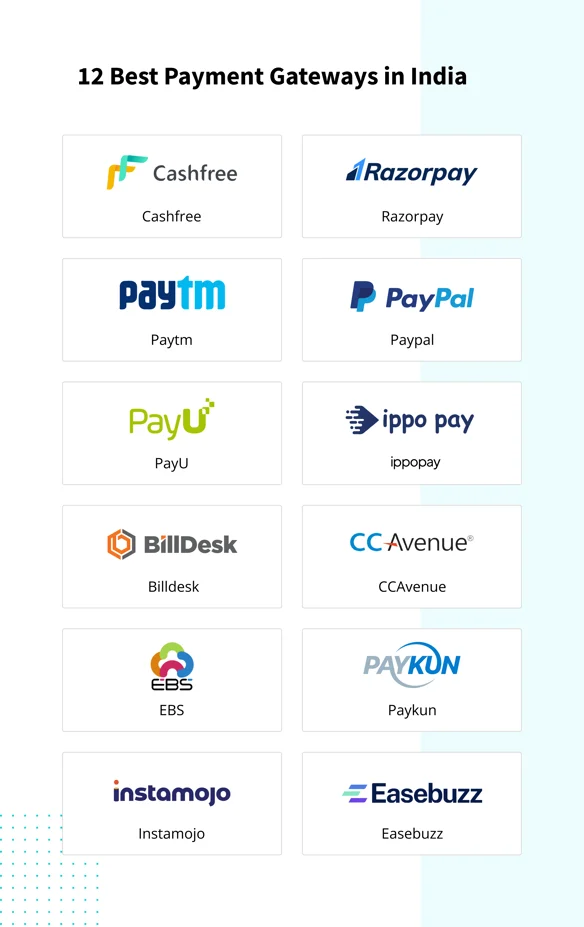AUTHOR : SAYYED NUZAT
DATE : 21-08-2023
In today’s fast-paced digital world, the landscape of financial transactions[1] has undergone a significant transformation. With the rise of e-commerce, online marketplaces, and mobile shopping, the importance of seamless [2]and secure payment processing[3] has never been greater. This article delves into the world of payment[4] processing applications, exploring[5] their functionalities, benefits, and impact on businesses and consumers alike.
Introduction
The world of commerce and The Power of Payment Processing Applications has shifted from traditional brick-and-mortar setups to the virtual realm, giving rise to the need for efficient and secure payment processing solutions. Power of Payment Processing Applications, also known as digital wallets or mobile wallets, have emerged as game-changers in this regard.
Understanding Payment Processing Applications
Payment processing applications are software solutions that allow users to make electronic financial transactions. These Power of Payment Processing Applications securely store payment information, including credit card[1] details, bank account numbers, and more. When a user initiates a transaction, the application facilitates the transfer of funds from the payer to the payee[2].
The Significance of Payment Processing Applications
In a world where speed and convenience are paramount, payment processing applications offer a seamless way to conduct transactions. They eliminate the need for physical cash or cards, allowing users to make payments with just a few taps on their smartphones or computers. This convenience has significantly influenced consumer behavior and expectations.
Features of Effective Payment Processing Applications
A robust payment processing application boasts various features such as:
- User-Friendly Interface: The application should be intuitive and easy to navigate, ensuring a hassle-free experience for users.
- Security Measures: Strong encryption and multi-factor authentication ensure that users’ financial information remains confidential and protected.
- Compatibility: Applications that work across multiple devices and platforms provide users with flexibility and convenience.
Enhancing User Experience Through Payment Processing
Power of Payment Processing Applications not only expedite transactions but also enhance the overall user experience. They often integrate loyalty programs, cashback[3] offers, and discounts, incentivizing users to opt for digital payments.
Security Measures in Payment Processing Applications
Security remains a paramount concern in payment processing applications. These apps employ advanced encryption techniques, tokenization, and biometric authentication to safeguard sensitive financial information.
Mobile Payment Processing: Convenience Redefined
Mobile payment processing applications have revolutionized the way people shop and pay. With just a smartphone in hand, users can make payments in-store or online, making the checkout process swift and hassle-free.
E-commerce and Payment Processing Applications
E-commerce platforms rely heavily on payment processing applications to ensure smooth and secure transactions. These applications support various payment methods[4], making it easy for consumers to shop from the comfort of their homes.
Innovations in Payment Processing
The fintech[5] industry continually pushes the boundaries of payment processing. Furthermore, from contactless payments to voice-activated transactions, these constant innovations are actively reshaping how we interact with money. By embracing cutting-edge technologies and exploring creative solutions, the industry is driving transformative changes that redefine convenience and efficiency in financial transactions.
Choosing the Right Payment Processing Application
Selecting the right payment processing application depends on factors such as transaction fees, security features, and integration capabilities. Businesses must evaluate their needs before committing to a specific solution.
Integration and Scalability
For businesses, the seamless integration of payment processing applications with existing systems is not just a convenience; it’s crucial for streamlined operations. Moreover, scalable solutions that can accommodate growth without disrupting day-to-day operations are essential. By ensuring smooth compatibility and adaptability, businesses can future-proof their payment processes and support their expansion efforts effectively.
Payment Processing for Small Businesses
Small businesses can effectively leverage payment processing applications to compete in the dynamic digital marketplace. Additionally, these apps provide highly cost-effective solutions, empowering them to seamlessly accept digital payments without incurring significant overhead costs. By embracing these technologies, small businesses can level the playing field and tap into the vast potential of online commerce.
Future Trends in Payment Processing
The future holds exciting possibilities for payment processing, including blockchain-based transactions, decentralized finance (DeFi) solutions, and even more seamless cross-border payments.
Impact on Global Economy
The widespread adoption of payment processing applications has an undeniably profound impact on the global economy. Not only does it facilitate international trade, but it also plays a pivotal role in enabling financial inclusion. Additionally, the ripple effect of these advancements extends to driving significant economic growth. As these applications become increasingly accessible, they empower individuals and businesses to participate more actively in the modern digital economy.
Conclusion
In conclusion, payment processing applications have reshaped the way we conduct financial transactions. Their convenience, security, and innovation have made them an integral part of modern commerce. As technology continues to evolve, these applications will play an even more significant role in shaping the future of finance.

FAQs
- Are payment processing applications safe to use? Payment processing applications employ advanced security measures to ensure the safety of users’ financial information.
- Can I use payment processing applications for international transactions? Yes, many payment processing applications support cross-border transactions, making global commerce more accessible.
- Do payment processing applications charge transaction fees? Some applications may charge nominal transaction fees, but these fees are often outweighed by the convenience they offer.
- What sets payment processing applications apart from traditional payment methods? Payment processing applications eliminate the need for physical cash or cards, offering a seamless and digital way to make transactions.
- How will payment processing applications evolve in the coming years? The future of payment processing applications involves innovations like blockchain integration, decentralized finance, and also enhanced cross-border capabilities.





